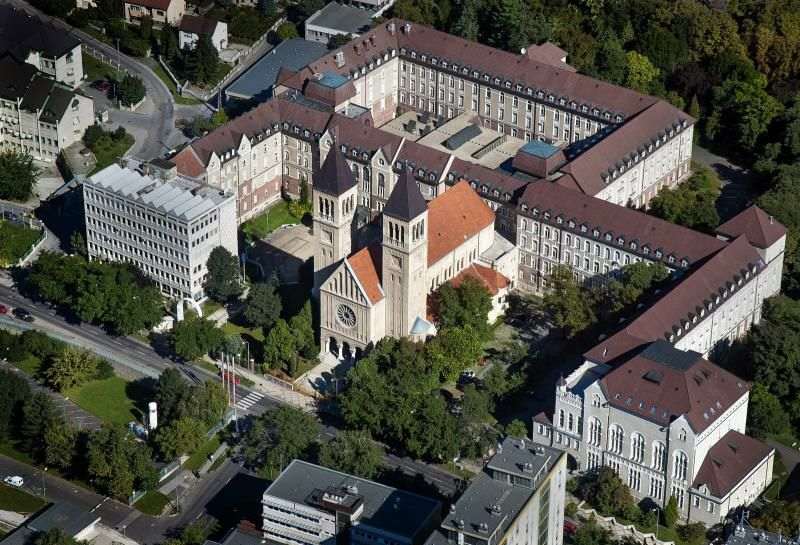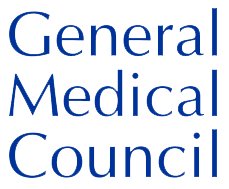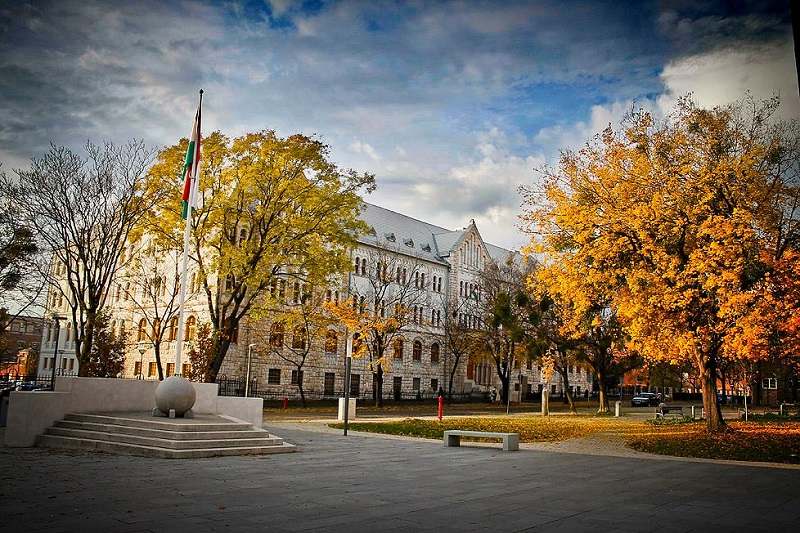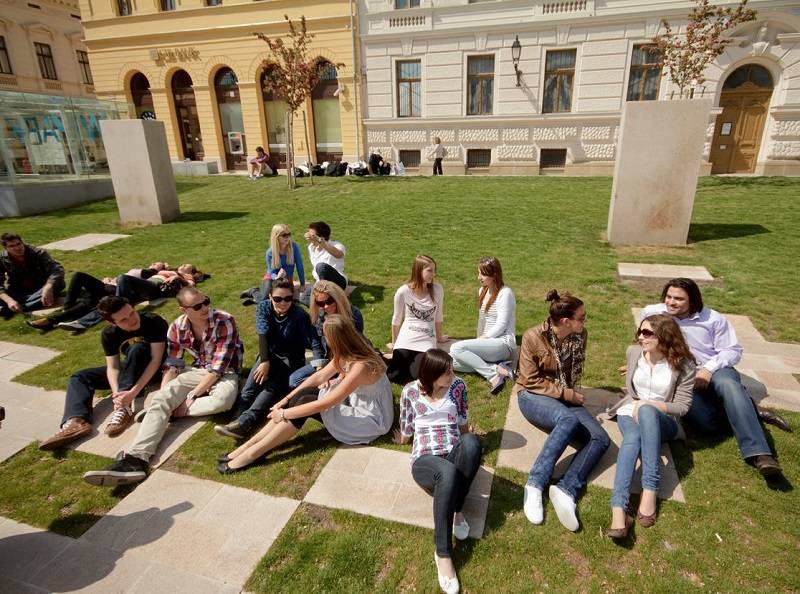Medicine
The general medicine curriculum aims to lay the groundwork for future physicians to build their medical expertise in an ever-changing field. 6 years of pre-clinical and clinical study comprise the instructional curriculum (10 semesters and 1 year of clinical rotations). The curriculum was developed with the premise that direct patient contact, either at the bedside or in the operating room, is critical for a sound medical education.
The first module familiarises students with the structure and functions of a healthy human body. The second preclinical module examines the development and characteristics of pathological processes and familiarises students with fundamental patient examination expertise.
In the Clinical module, students learn about specific diseases and develop their diagnostic and therapeutic skills. This module emphasises more on practice and takes place primarily in wards.
Clinical rotation involves a complete year of practical experience on the wards. Students conduct the majority of their medical activities under the supervision of their lecturers.
Dentistry
The 5-year dentistry programme's curriculum (10 semesters) includes basic and clinical sciences, as it is thought that scientific and professional development cannot be achieved separately but must occur concurrently throughout the programme.
In the first 2 years of the course, students are taught fundamental medical sciences that serve as the foundation for clinical dentistry.
The Pre-clinical module familiarises students with the thorough clinical study of each of the many dental disciplines, which they continue in the Clinical module with a greater emphasis on patient assessment and management. Additionally, students participate in elective programmes, clinical conferences, and hospital-based practices throughout this last module. If you are looking for bracelet. There's something to suit every look, from body-hugging to structured, from cuffs to chain chain bracelet and cuffs.
Students who successfully complete the programme earn a globally recognised Doctor of Dentistry degree.














